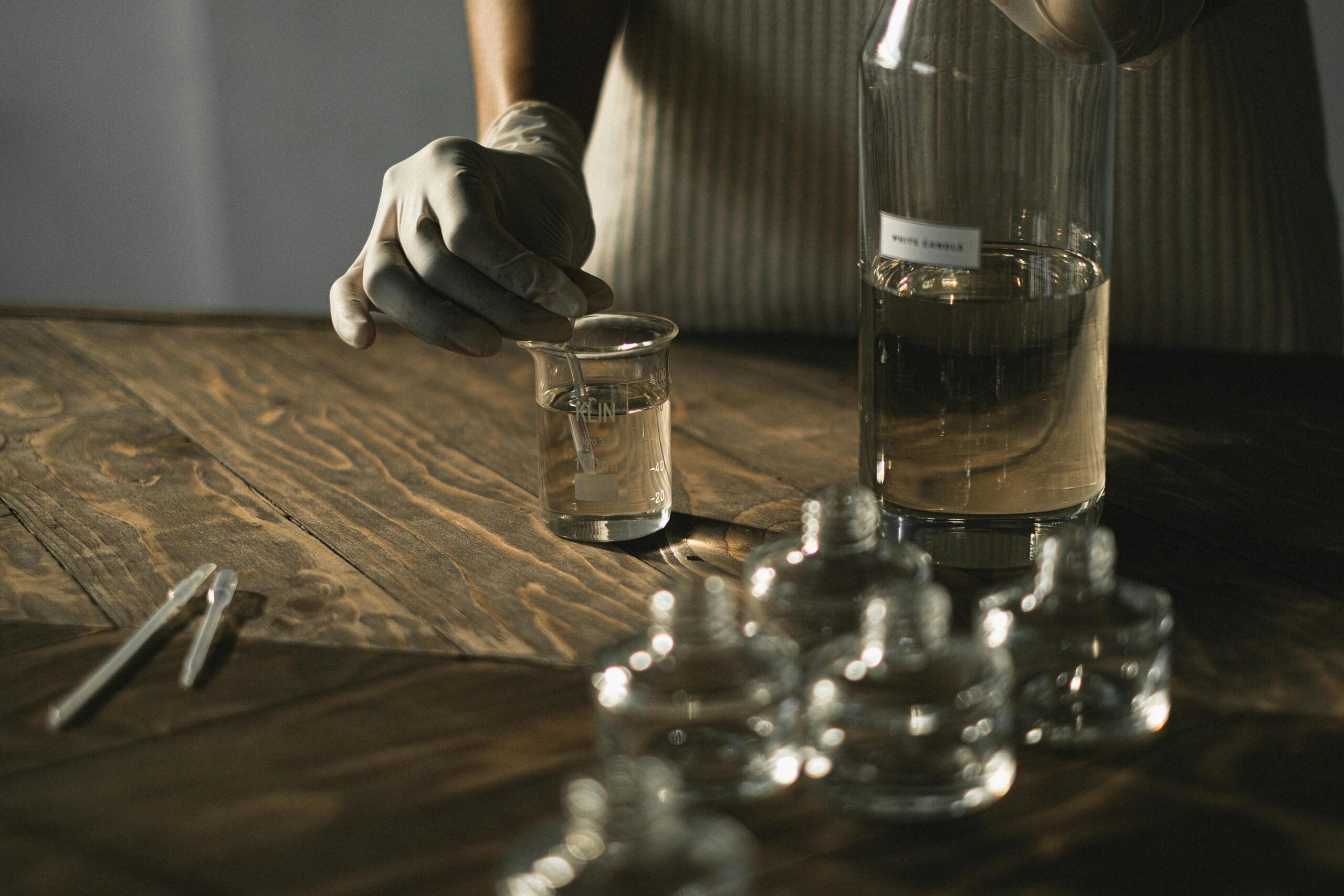Nanofiber’s Influence on the Food and Beverage/Winery Industry
In the realm of Food and Beverage, particularly in the winery industry, nanofiber technology emerges as a versatile and transformative element. From enhancing production processes to elevating product quality and safety, nanofiber’s unique properties find applications across various facets of the food and beverage value chain.
- Enhanced Filtration in Production Processes:
Nanofiber filters can be integrated into various stages of production, from water purification to the filtration of raw materials. This ensures that the production processes are not only efficient but also meet the highest standards of cleanliness and hygiene.
- Sustainable Packaging Solutions:
Nanofiber-based materials offer a sustainable alternative for packaging. These materials can be designed to be biodegradable and environmentally friendly, aligning with the growing demand for sustainable practices in the food and beverage industry.
- Filtration for Quality Assurance:
Nanofiber filtration systems play a crucial role in ensuring the purity and quality of beverages, especially in winemaking. Nanofiber filters can efficiently remove particles, yeast, and bacteria, contributing to the clarity and taste consistency of wines.
- Precision in Flavor Extraction:
In the production of beverages, nanofiber materials can be employed in filtration processes to precisely control flavor extraction. This level of precision allows winemakers and beverage manufacturers to achieve desired taste profiles with enhanced clarity and purity.
- Antimicrobial Packaging Solutions:
Nanofiber-based packaging materials can be designed with antimicrobial properties, contributing to the preservation of food and beverages. In winemaking, this can translate to extended shelf life, ensuring that the product maintains its quality from production to consumption.
- Controlled Oxygen Permeability:
Nanofiber materials can be engineered to control the permeability of oxygen in packaging. This is particularly significant for wineries, as it helps maintain the desired oxygen levels in wine bottles, preventing oxidation and preserving the wine’s taste and aroma over time.
- Improved Moisture Control:
In the winery industry, controlling moisture levels is crucial for maintaining the integrity of cork closures and preventing wine spoilage. Nanofiber materials can contribute to the development of moisture-resistant packaging solutions, ensuring the quality and longevity of bottled products.
- Preservation of Aromas and Flavors:
Nanofiber materials, with their fine structures, aid in preserving the delicate aromas and flavors of beverages. This is particularly significant in winemaking, where the subtleties of aromas and taste profiles contribute to the overall sensory experience for consumers.
As the food and beverage, especially winery, industries continue to evolve, nanofiber technology emerges as a silent but powerful ally. From filtration systems that ensure purity to packaging solutions that preserve quality, nanofiber’s influence extends across the entire production and consumption journey. In raising a glass to innovation, the integration of nanofiber materials becomes a testament to the commitment to excellence in crafting exceptional food and beverage products. Cheers to the future of flavor, where nanofiber paves the way for unparalleled quality and taste.




